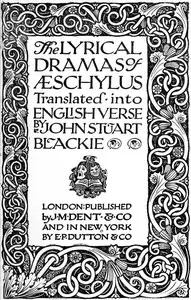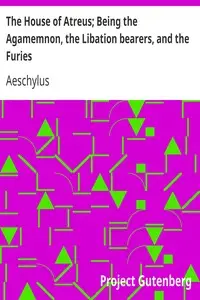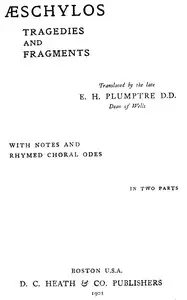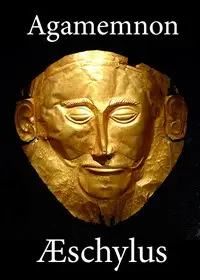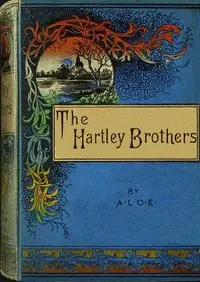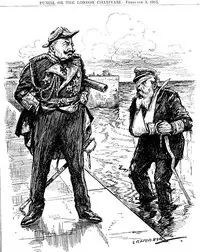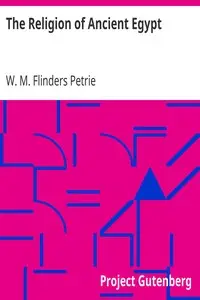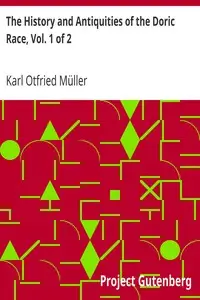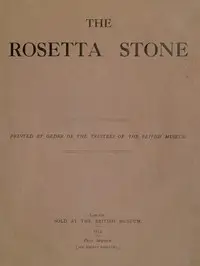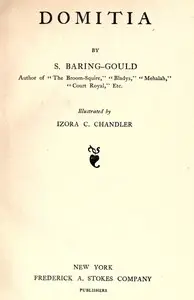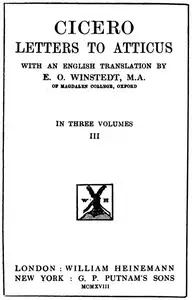"Four Plays of Aeschylus" by Aeschylus is a collection of ancient Greek tragedies translated into English verse, reflecting works that likely date back to the 5th century BC. This anthology includes notable plays such as "The Suppliant Maidens," "The Persians," "The Seven Against Thebes," and "Prometheus Bound," and engages with themes of fate, justice, and the interplay between gods and mortals. The central figures often represent important mythological characters, with a focus on the trials and tribulations faced by individuals in conflict with divine will and societal expectations. The opening of "Four Plays of Aeschylus" presents an introduction to Aeschylus’s dramatic legacy, noting his contribution to the development of Greek tragedy. It particularly emphasizes "The Suppliant Maidens," where the daughters of Danaus flee from forced marriages to their cousins, invoking the protection of the Argive king and the gods. The play sets a tone of desperation and longing, showcasing the plight of the maidens as they seek sanctuary from their pursuers. Following this, "The Persians" portrays the aftermath of war from the perspective of the defeated, highlighting themes of loss and the toll of conflict while introducing characters such as Atossa, the mother of Xerxes, who embodies both grief and concern for her son’s fate. Overall, the opening portion establishes the historical and thematic context for the tragedies that follow, inviting the reader into the rich tapestry of Aeschylus's work. (This is an automatically generated summary.)
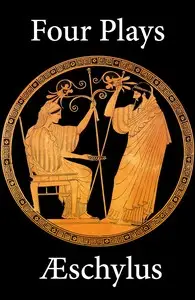
Four Plays of Aeschylus
By Aeschylus
"Four Plays of Aeschylus" by Aeschylus is a collection of ancient Greek tragedies translated into English verse, reflecting works that likely date bac...
Genres
Released
2005-08-01
Formats
epub
epub (images)
mobi
mobi (images)
epub3 (images)
Free Download
Overview
About the Author
Aeschylus was an ancient Greek tragedian often described as the father of tragedy. Academic knowledge of the genre begins with his work, and understanding of earlier Greek tragedy is largely based on inferences made from reading his surviving plays. According to Aristotle, he expanded the number of characters in the theatre and allowed conflict among them. Formerly, characters interacted only with the chorus.
Total Reviews
10.0k
Total reviews from Goodreads may change


